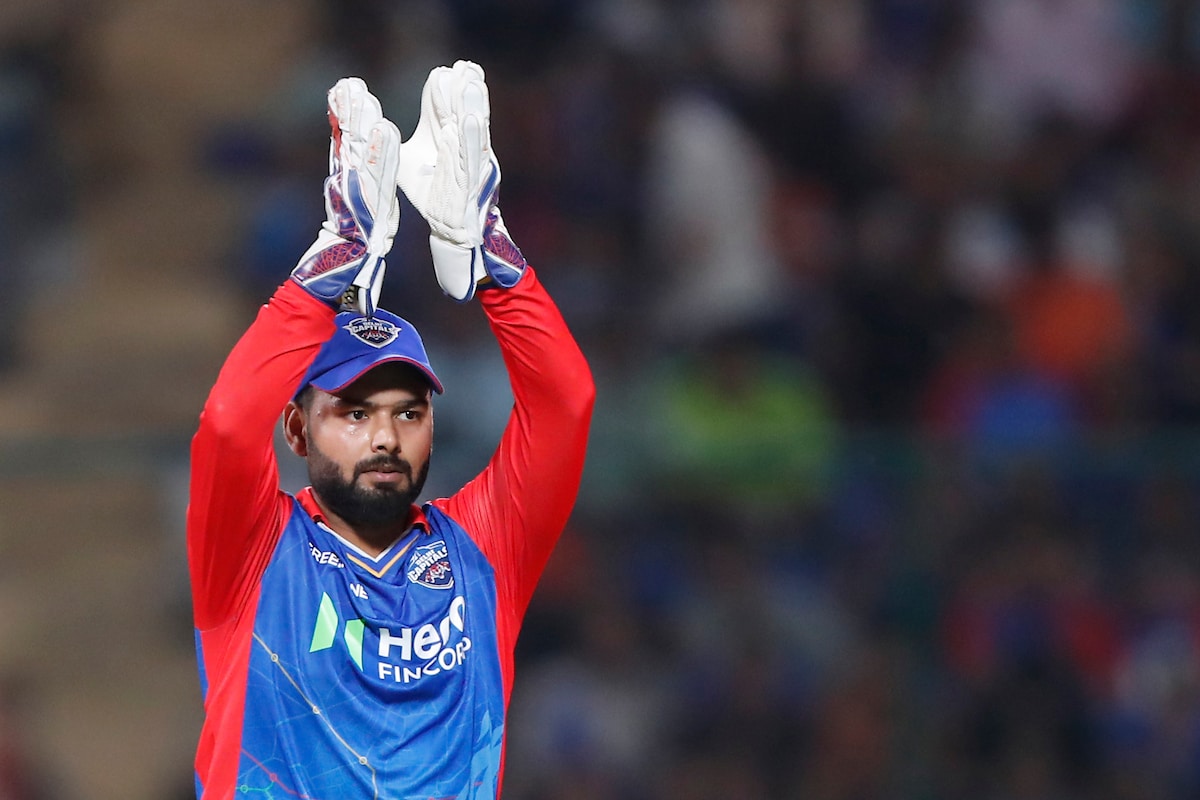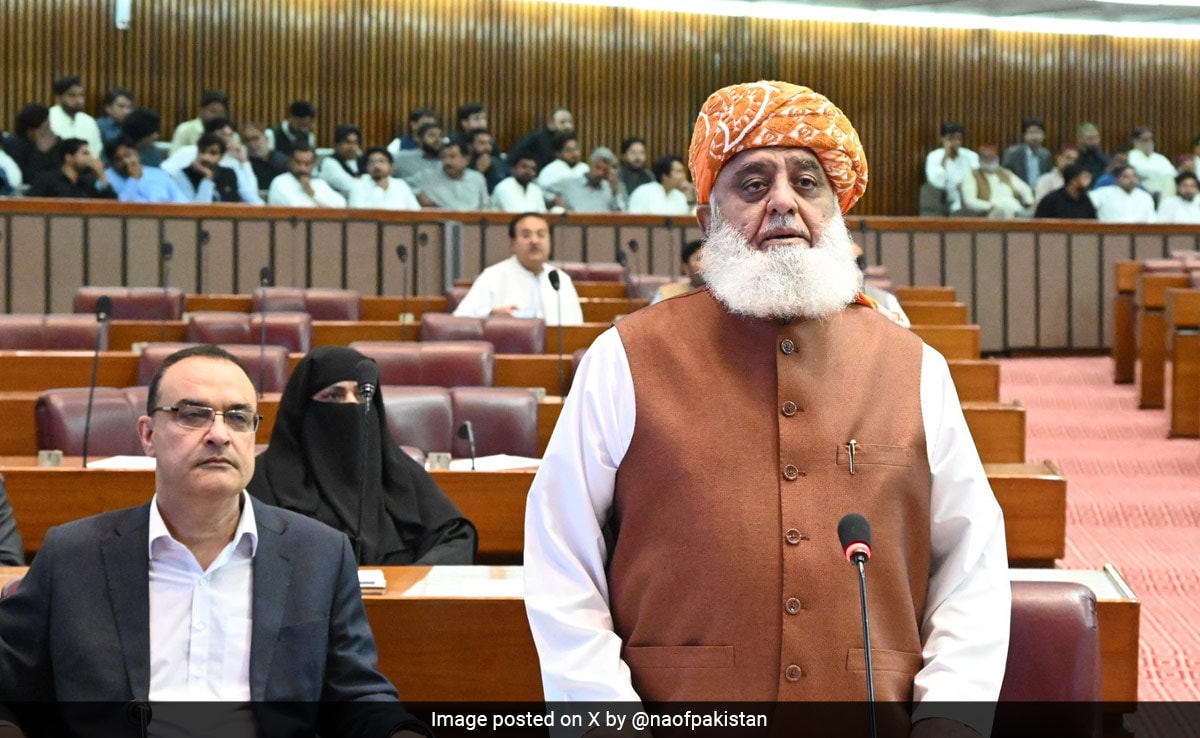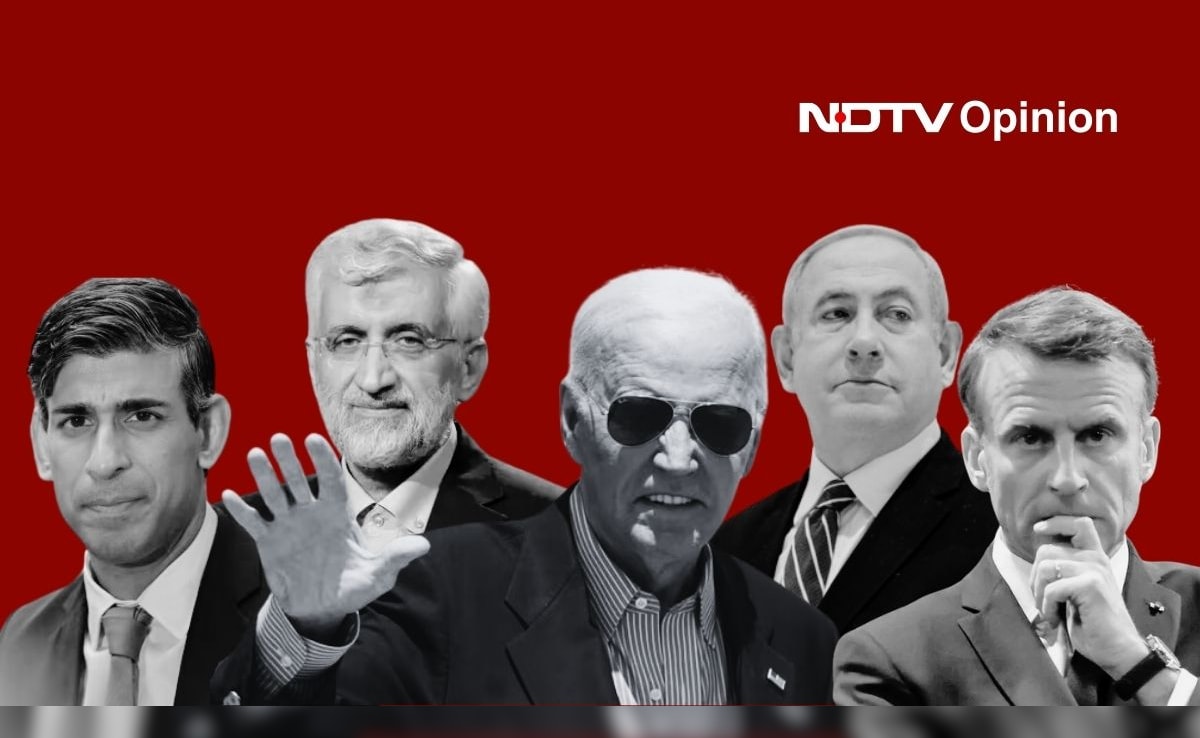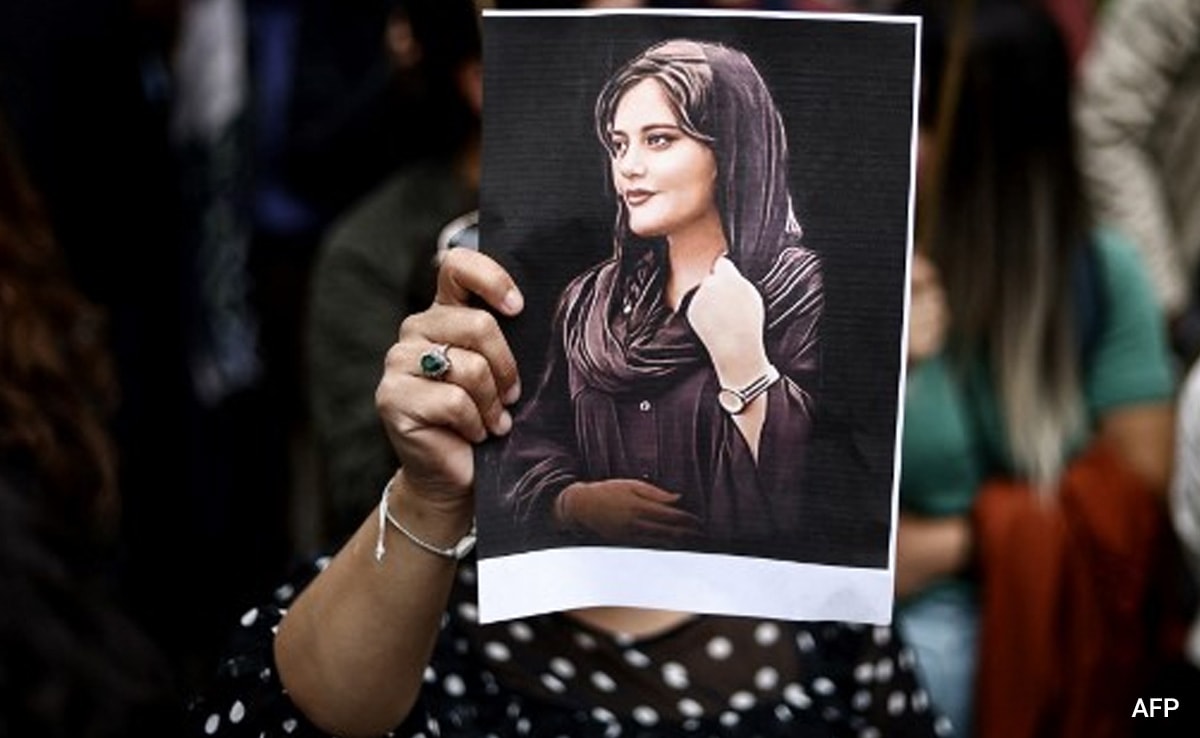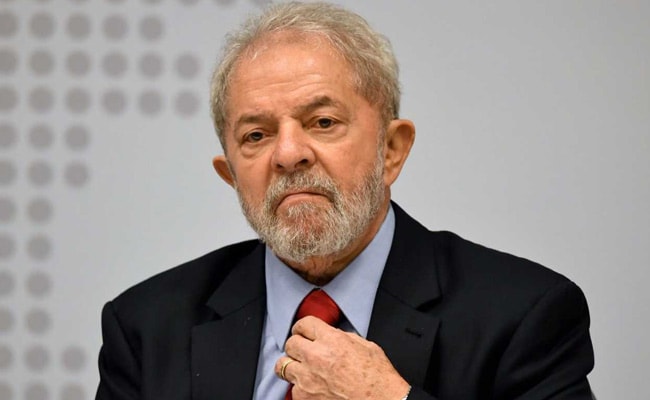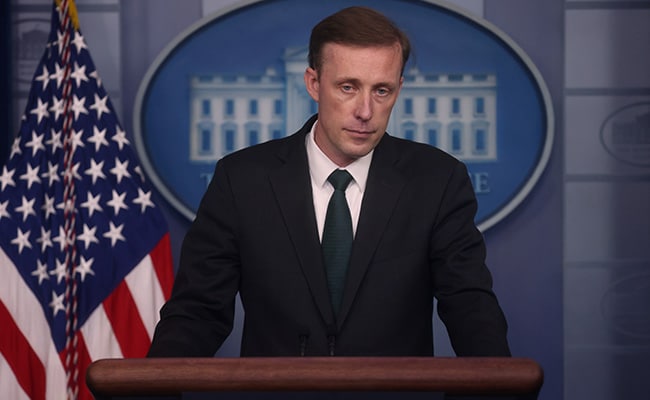Politics around the world is evolving in ways that both leaders and analysts are finding difficult to assess and respond to. Politicians are scrambling to sustain support as new entrants make inroads into constituencies that have lost faith in the established order. It is in this melee of the old and the new that the grammar of today’s politics is charting a course of its own. Globally, the political elites have never seemed so out of touch as they seem today, unable to respond to the challenge from their streets.
In just the last few days, US President Joe Biden’s credibility saw a free fall, while the UK booted out an accidental, out-of-touch Prime Minister, Rishi Sunak, and ushered in the Labour Raj at a time when the rest of Europe is moving to the right. The French have given a mandate to the Far Right. Nine months after the terror attacks of October 7, Israel is facing a civil war-like situation, with people demanding Prime Minister Benjamin Netanyahu’s resignation even as the nation remains in a state of war on multiple fronts. In Iran, Reformist Masoud Pezeshkian found himself elected as the nation’s new president, beating his hardline conservative rival Saeed Jalili by securing around 53.3% of votes, nine percentage points more than Jalili.
Also Read | Rishi Sunak: For Whom Everything That Could Go Wrong, Went Wrong
A Reformist In Iran, ‘Changemaker’ In UK
Different nations, different challenges, different political arcs, but all facing a moment of political reckoning. Ironically, it is Iran where the recent change of leadership holds the most promise. This is not the first time a reformist has come to power in Iran in a system that has been dominated by the “supreme leader” Ayatollah Ali Khamenei since 1989. The conservatives have controlled all the levers of power and have managed to scuttle earlier reformists like Mohammad Khatami and Hassan Rouhani. However, there has been a growing disillusionment with the ruling elites. By criticising Iran’s morality police and promising “unity and cohesion” as well as an end to Iran’s “isolation” from the world, Pezeshkian talked in a language that appealed to those who want normalcy in a nation that has been on the edge of a precipice for years now.
Rishi Sunak, on the other hand, was not only bogged down by the legacy of his predecessors who had made a mockery of public mandates, but he was also unable to soothe the British public struggling with rising costs of living and a crumbling public services infrastructure. The Conservative Party imploded, and Sunak’s leadership never managed to rise to match the needs of today’s Britain. And so, the Labour Party ended up getting a landslide even without increasing its vote share, thereby taking the United Kingdom in a direction opposite to the rest of Europe, where the Right is ascending.
Close Shave For Macron
In France, President Emmanuel Macron had to call a snap election fearing the resurgence of the nation’s far-right party, the National Rally (RN). Only a last-minute, left-wing tactical adjustment could prevent an outright landslide for the RN. But this should be seen as just a consolation prize, as the RN has greatly increased its representation in Parliament.
Also Read | Disaster Averted, But Macron Still Faces Big Challenge Ahead
Separately, last month, the European Union elections saw a resurgence of the right in ways few had anticipated, and the triumph of Eurosceptic parties will have serious long-term consequences for the ability of the 27-member bloc to work cohesively.
Concerns About Biden
The world’s eyes, however, are now on the leadership contest in the US, where two old white men are busy damaging the brand of American democracy. Donald Trump, under whose presidency the foundations of the American democratic institutional fabric came close to collapsing, continues to be ahead in the presidential race, as the base of the Republican Party continues to move to the right. Trump’s supporters still view him as an anti-establishment candidate and despite facing a number of charges in the courts, he is hailed as a victim. His greatest advantage is that he has his primary opponent in President Joe Biden, who, after a disastrous debate performance, is having a difficult time convincing his own party about his candidacy.
Also Read | “He Looks Different”: Wild Theories Over Joe Biden’s Appearance
Old templates no longer apply to the new political climate, where fast-evolving aspirations demand a change in the status quo. Back home in India, Prime Minister Narendra Modi’s third consecutive victory and Indian democracy’s continuing resilience underscores the Indian electorate’s ability to make nuanced choices even as the world around it undergoes a dramatic shift. Even so, this global churn has a lesson for Indian political leaders and the larger system.
(Harsh V Pant is Vice President for Studies and Foreign Policy at ORF.)
Disclaimer: These are the personal opinions of the author
Waiting for response to load…


